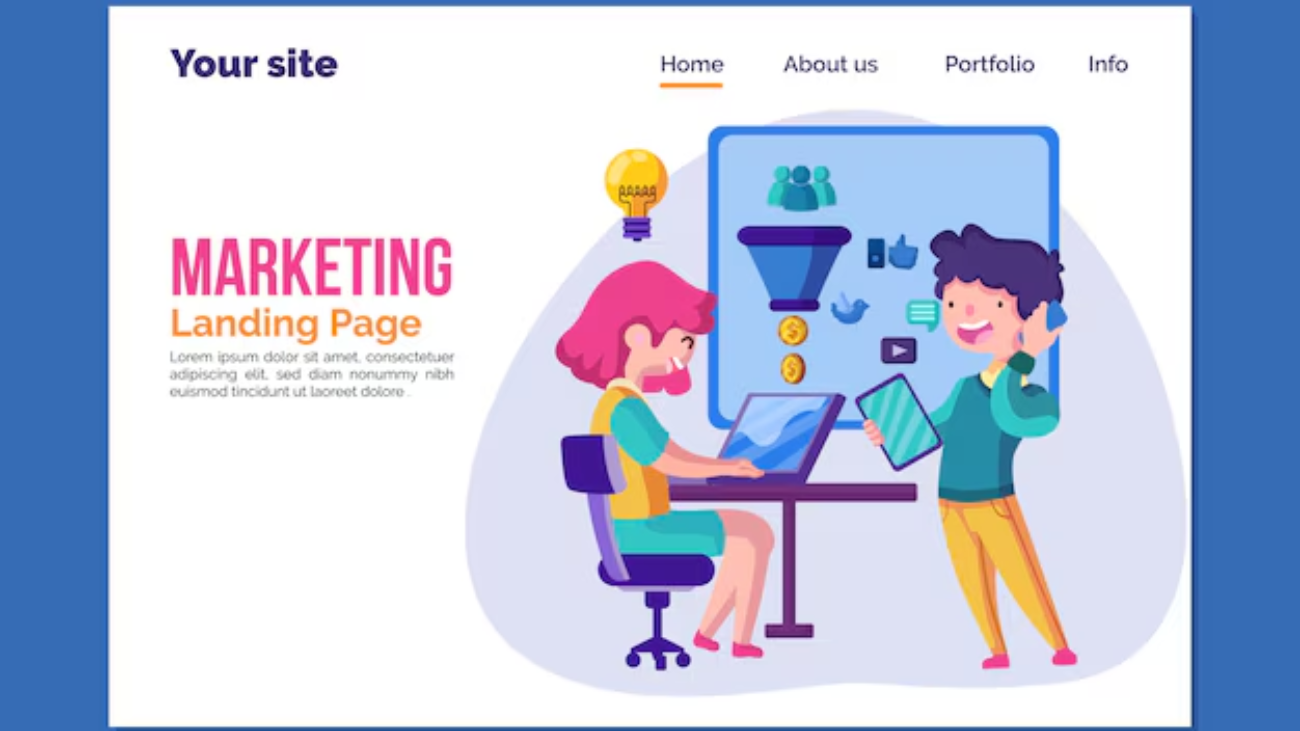
In today’s digital landscape, where online presence can make or break a business, the demand for skilled digital marketing professionals is higher than ever. This shift has created a need for various skills that are critical to executing successful marketing campaigns. Here’s a closer look at the key digital marketing skills currently in demand.
1. Search Engine Optimization (SEO)
SEO remains one of the most sought-after skills in digital marketing. It involves optimizing websites to rank higher on search engine results pages (SERPs), thereby increasing organic traffic. Professionals who can analyze website performance, conduct keyword research, and implement effective strategies are invaluable. Many digital marketing agencies rely heavily on SEO experts to help clients gain visibility in a crowded online marketplace. Familiarity with tools like Google Analytics and SEMrush can enhance your ability to succeed in this area.
2. Social Media Management
With the rise of platforms like Instagram, Facebook, and Twitter, social media management has become a critical skill. Businesses need professionals who can create engaging content, manage posts, and analyze audience interactions. Skills in social media advertising—such as running paid campaigns—are particularly important as they can significantly boost brand visibility. Many social media marketing companies are looking for talent who can effectively leverage these platforms to build and sustain a brand’s online presence.
3. Content Marketing
Content marketing includes blogs, videos, infographics, and more. Marketers skilled in crafting compelling stories and optimizing content for search engines are highly valued. Effective content marketers can drive traffic and lead conversions, making this skill essential for any digital marketing consultant or agency looking to enhance their clients’ online presence.
4. Email Marketing
Despite the rise of social media, email marketing remains a powerful tool for businesses to connect with customers. Skills in creating effective email campaigns, managing subscriber lists, and analyzing open and click-through rates are in high demand. A well-executed email marketing strategy can lead to higher engagement and conversion rates, making this skill indispensable in online marketing.
5. Web Development and Design
While not every digital marketer needs to be a web developer, understanding the basics of website development can be a significant advantage. Knowledge of HTML, CSS, and user experience (UX) design principles allows marketers to communicate more effectively with web developers near me or a website development company. This knowledge is particularly beneficial for those working in digital agencies where collaboration across teams is common.
6. Pay-Per-Click (PPC) Advertising
PPC advertising is a key element of online marketing that requires a unique skill set. Professionals skilled in managing PPC campaigns can help businesses drive targeted traffic to their websites. This includes optimizing ads on platforms like Google Ads and Facebook Ads. Mastery of bidding strategies, audience targeting, and performance analysis can set candidates apart, especially in internet marketing roles.
7. Data Analytics
In an era where data drives decision-making, analytics skills are crucial in digital marketing. Professionals who can interpret data from various campaigns and translate that into actionable insights are highly valued. Familiarity with analytics tools—such as Google Analytics and data visualization software—enables marketers to understand trends and make informed strategic decisions. This skill is increasingly important for businesses looking to maximize their marketing ROI.
8. Digital PR
Digital PR is a growing field that combines traditional public relations with digital marketing strategies. It involves managing a brand’s online reputation and engaging with influencers and the media. Professionals skilled in digital PR can help businesses build relationships with key stakeholders and enhance their online visibility. As more companies recognize the importance of maintaining a positive online presence, skills in digital PR are becoming highly sought after.
Conclusion
As the digital marketing landscape continues to evolve, staying updated on in-demand skills is vital for professionals looking to advance their careers. From SEO and social media management to data analytics and digital PR, these skills are critical for anyone involved in digital marketing. For businesses, understanding these demands can aid in hiring the right talent to meet their marketing goals.
Investing in these skills not only prepares you for a successful career in digital marketing but also ensures that businesses can effectively navigate the ever-changing online environment. Whether you’re seeking to enhance your skill set or build a team, focusing on these in-demand skills will undoubtedly pay off.



















